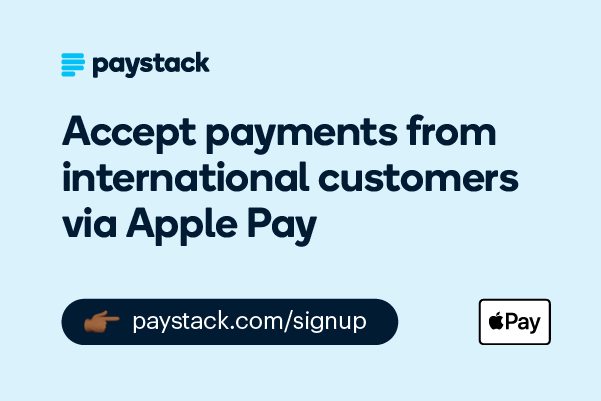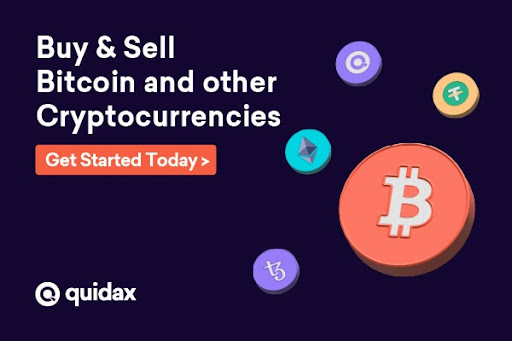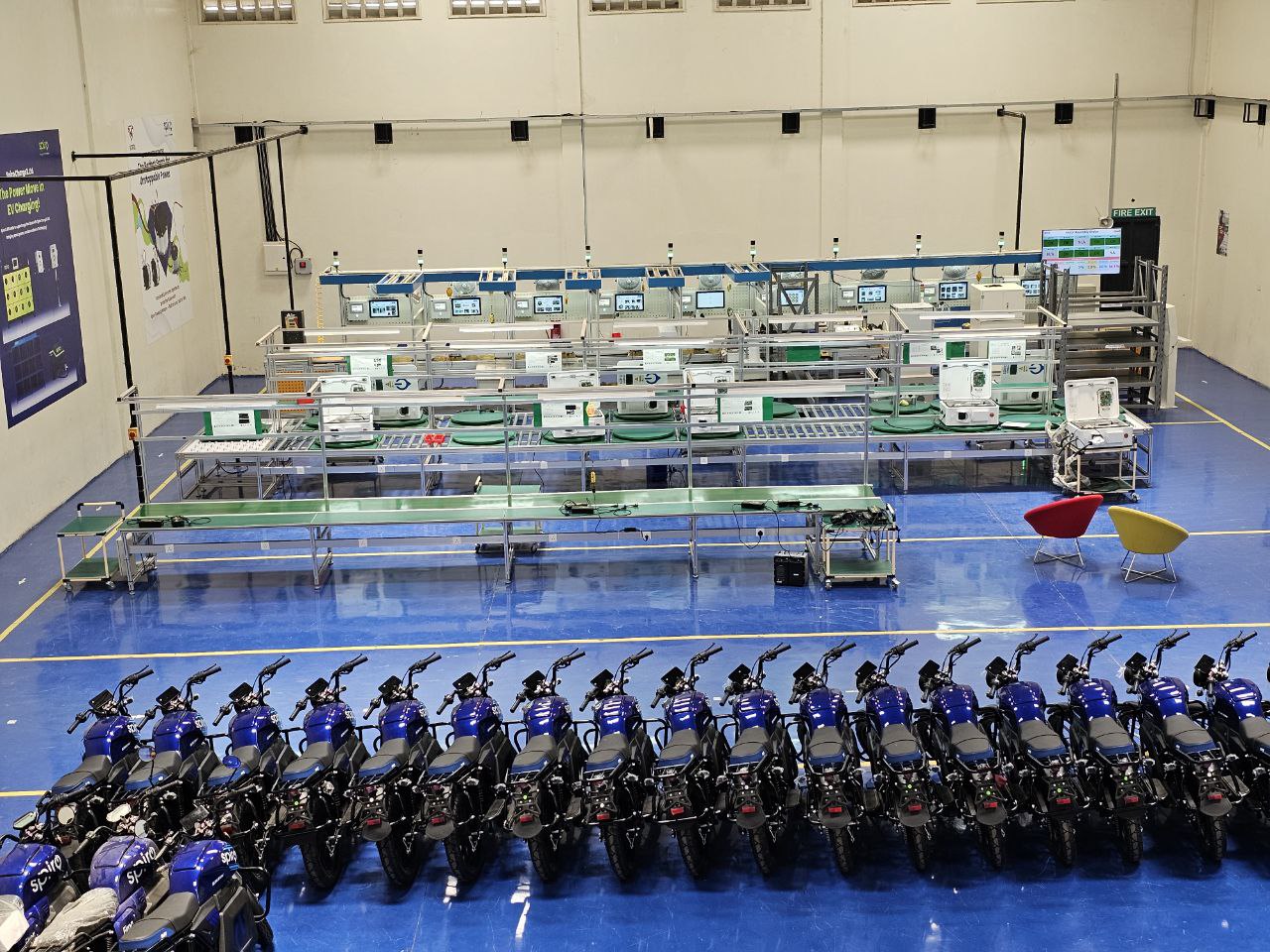
IN PARTNERSHIP WITH

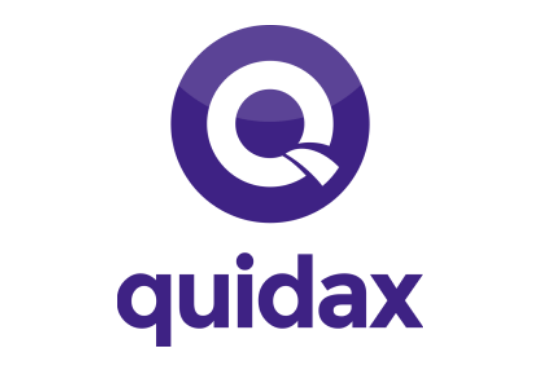
Good morning ☀️ ️
Facebook is testing a “split payments” feature for Messenger for users in the US.
To put it simply, the feature will allow users to split payments or bills for services and products between members of a group. Users can choose to split evenly, modify to suit each participant, or even exclude themselves from the payment completely.
Developers aren’t smiling this December. They’re taking this Buy Your Own Beer/Bitcoin thing too far, and we’re not sure we like it. 😑
In today’s edition
- TradeDepot is taking BNPL to more African retailers
- How much does energy cost in Africa?
- The links in Blockchain technology
- Events: Building from Ground Up
TRADEDEPOT IS TAKING BNPL TO MORE AFRICAN RETAILERS
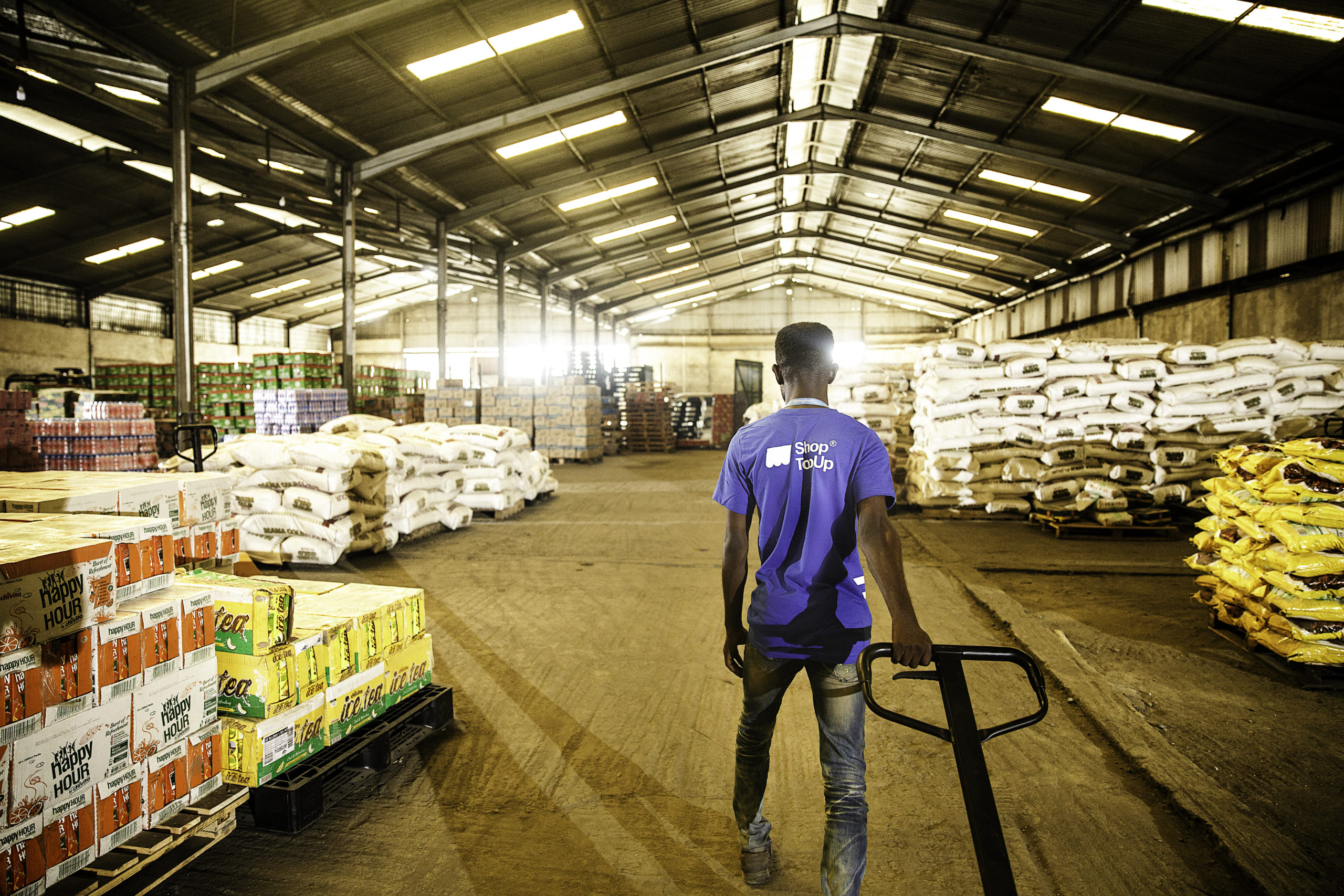
According to the World Bank, SMEs represent about 90% of businesses and more than 50% of employment worldwide.
In addition, SME retailers generate $1 trillion in sales annually and contribute $2.6 trillion to the continent’s nominal GDP. But these numbers are only a tiny representation of the sector’s true potential and can’t solve the problem of fragmented distribution networks and lack of access to financing.
TradeDepot, a Nigerian B2B eCommerce platform, started solving these two major problems in Nigeria via its product, ShopTopUp. It distributes needed goods to retailers, providing them with credit that allows them to stock their inventories and then pay as they sell the goods which have a repayment value of about 5% per month.
Now, the platform has raised $110 million in an equity and debt Series B funding round. The fund will support the delivery of Buy-Now-Pay-Later (BNPL) services to 5 million SME retailers and drive further expansion of its merchant platform across the continent.
In the last year alone, TradeDepot grew from 40,000 merchants on its platform to 100,000 merchants. The platform hopes this new funding will further expedite the delivery of its two unique offerings across its operating markets—10 cities in Nigeria, including Lagos and Abuja; Accra in Ghana; and Johannesburg in South Africa.
International Finance Corporation (IFC) led the equity round, with participation from Novastar, Sahel Capital, CDC Group, Endeavor Catalyst, and existing investors Partech and MSA Capital. The debt funding was led by Arcadia Funds.
HOW MUCH DOES ELECTRICITY COST IN AFRICA?
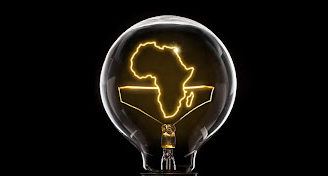
Here’s a staggering fact: sub-Saharan Africa accounts for 75% of the world’s population without electricity, according to the World Bank.
But access to electricity in sub-Saharan Africa is increasing on a YOY basis. In 2019, electricity was inaccessible to about 592 million people in the region but that number dropped to 579 in 2020. A lot of this growth is due to countries scrambling to connect their population to the grid, as well as private solar solutions.
But how much is this costing Africans? Are we overpaying or underpaying for electricity?
Over the past six months, researchers at Cable.co.uk reviewed 3,883 electricity tariffs across 230 countries—including 54 African countries, and other regions—to unearth the global cost of energy and just how much power costs.
Here are the highlights of their report:
- The cheapest places in the world to buy electricity tend to be countries where either oil and gas prices are very cheap (i.e., countries which produce fossil fuels on a large scale), or where household electricity usage is very small and therefore tends not to require a lot of expensive infrastructures.
- The cheapest electricity in the world can be bought in Libya at just $0.007 per kWh. The most expensive electricity in the world can be found in the Solomon Islands, where one KWh will set you back $0.692.
- Sub-Saharan Africa has 4 of the top 10 cheapest countries in the world and 3 of the top 10 most expensive.
- Angola is both cheapest in SSA and second-cheapest in the world, with an average of $0.013 per kWh. Sudan is a close second with $0.014, and Zimbabwe is third with $0.021. The most expensive in the region is Saint Helena (0.612), 47 times more expensive than Angola.
- Six North African countries were surveyed—Algeria, Libya, Egypt, Tunisia, Morocco, and Mauritania. All 6 countries are in the cheapest half of the table with Morocco as the most expensive at $0.131, which earns it the position for the 100th cheapest.
Accept international payments from your customers in the USA, UK, Canada, and 60+ countries using Pay with Apple Pay.
👉🏾 Create a free Paystack account to get started.
This is partner content.
THE LINKS IN BLOCKCHAIN TECHNOLOGY
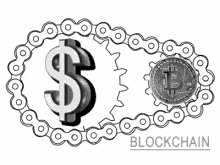
Concepts like contracts, transactions, and records are crucial pillars that uphold economic, legal, and political systems as we know them. However, in today’s world, it has become apparent that these tools and the protocols set up to manage them are struggling to keep up with the fast-paced digital transformation playing out across the globe.
A new way to regulate and maintain administrative control is therefore needed in the digital world. Blockchain—the technology at the heart of bitcoin and other digital currencies—holds promise to usher in the desired changes.
Behind the scenes
Blockchain is an open, decentralised, and distributed ledger technology that can record transactions between two parties in an efficient, verifiable, and secure way. These records are embedded in digital code and stored in shared databases, which guarantees transparency, data security, and integrity since records cannot be tampered with or forged.
In addition, the blockchain ledger itself can be programmed to trigger transactions automatically, that is, without human intervention, based on reliable data sources capable of providing the required information.
That means that individuals, companies, machines, and algorithms can freely transact and interact with one another with little friction and without the need for bureaucratic intermediaries.
Blockchain networks can be public—open to everyone; private—controlled by a central body; hybrid—a combination of both private and public elements; or federated—a decentralised platform governed by multiple organizations.
Linking it to other sectors
While most of the current applications of blockchain are focused on cryptocurrencies and payment facilitation using Bitcoin or Ethereum, the technology holds immense potential to revolutionise business processes, redefine companies and entire sectors, and transform economies.
Dig deeper in Blockchain technology – A road not well travelled.
EVENTS: BUILDING FROM GROUND UP
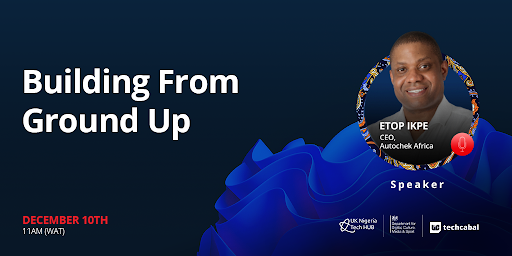
Before building Autochek, Etop had served as the CEO at cars45.com, an innovative technology platform. Under his leadership, the company expanded into two other African companies (Ghana and Kenya). Before then, he was CEO at dealdey.com, Nigeria’s largest discount store. He was also Commercial Director at konga.com, one of Nigeria’s largest eCommerce platforms.
In the last season, we spoke with founders like Shola Akinlade, CEO of Paystack and Onyekachi Izukanne, co-founder and CEO of TradeDepot. This Friday, Etop will be sharing his experience as a serial entrepreneur and what he’s learned from building multiple businesses.
This conversation is open to everyone particularly founders, aspiring founders, and everyone who’s curious about what goes into starting a business.
Register now to attend.
The #BuildingFromGroundUp Series is powered by the UK-Nigeria Tech Hub.
Quidax is an African-founded cryptocurrency exchange that makes it easy for you to access Bitcoin and other cryptocurrencies. They also make it possible for Fintech companies to offer cryptocurrency services to their customers.
This is partner content.
OPPORTUNITIES
- Applications are now open for the first all-female cohort of eHealth Africa Academy. The free 10-week software development training programme seeks to groom tech talents in Nigeria. Selected participants will get basic web development skills in HTML, CSS, and Javascript. Check it out.
- The MEST Express Acceleration Ghana Programme 2022 is now open for applications. Early-stage Ghanaian startups with $100,000 or less in funding can apply to get equity-free funding, mentorship, and network access. Learn more.
- The Udacity/Access Bank Advance Africa Scholarship Programme is open giving 2,000 nanodegree programme scholarships to Africans interested in building practical, in-demand tech skills like Business Analytics, Intro to Programming and Digital Marketing. Find out more.
What else we’re reading
- The Next Wave: Can crypto solve Nigeria’s remittance problem?🤔
- The #NairaLife Of A Student Doubling As A Software Engineer.
- Staying safe is a full-time job for women in Africa’s gig economy as they face increasing challenges running their businesses.
- Here’s how much Twitter’s new CEO Parag Agrawal will be paid.









